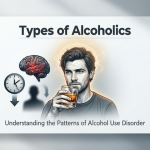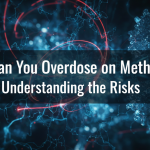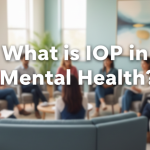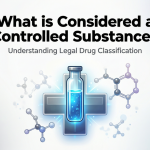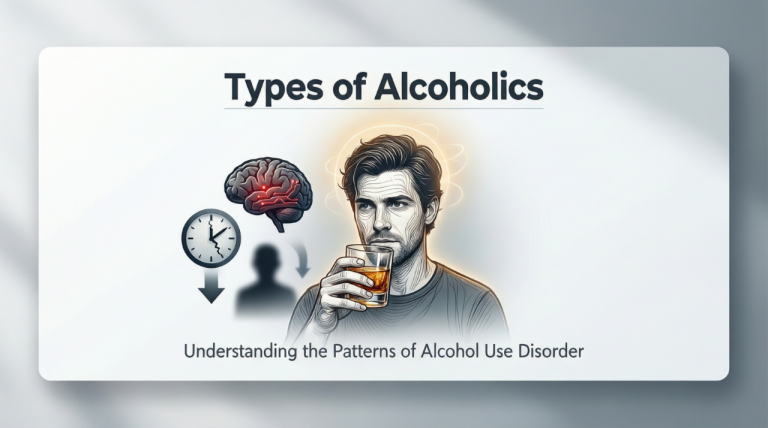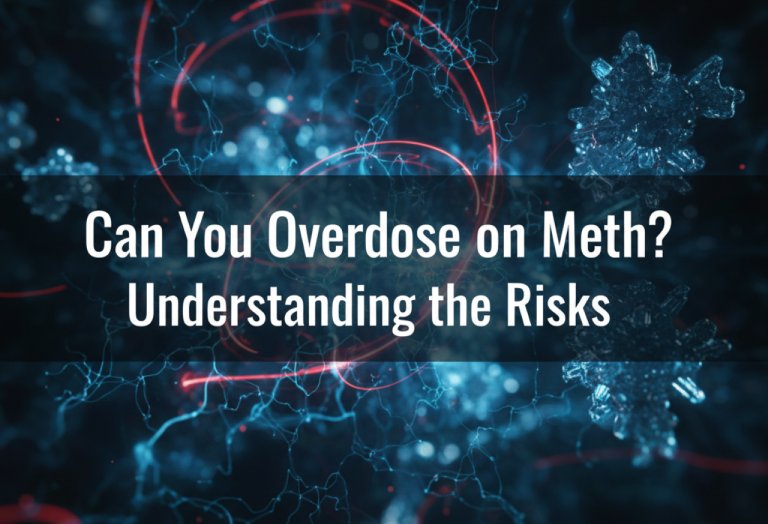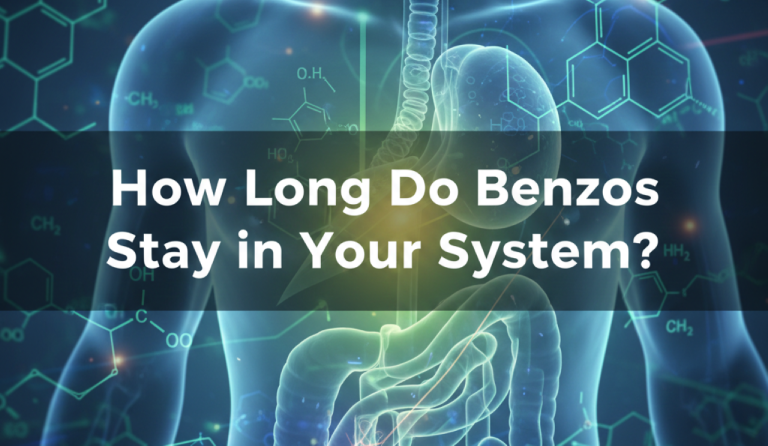Social media has become an integral part of our daily lives, offering us means by which we can connect with friends, family, and even strangers. Since mental health is becoming increasingly salient in social media, we’ve seen a rise in anxiety and depression among people who are addicted to social media. These platforms are addictive and they can trap users into a comparison, validation-seeking, cycle of constant connection that may be seriously detrimental to mental well-being.
In this blog, we’ll talk about how social media addiction can lead to anxiety and depression and how to break free from this toxic cycle.
Impact of Social Media on Mental Health
Social Comparison and Anxiety
Social comparison is one of the most common ways that social media affects people. When we scroll through friends’ curated posts, influencers, and celebrities, we’re only seeing their highlight reel of life. As a result, we feel like others have ‘perfect lives’ and we don’t. The fear of missing out (FOMO) heightens this phenomenon by making people feel anxious that they’re not celebrating what their peers are up to or that they’re missing out on some adventure or trend.
Even if you’re aware that social media posts rarely always give you the full picture, it’s hard to avoid comparing yourself. The continuous comparison eventually turns into an increase in stress levels and a decrease in self-esteem, plus some sort of distortion in reality.
Validation and Depression
Built on engagement metrics—likes, shares, and comments—social media platforms offer constant validation. People tie their self-worth to a certain number of likes or number of followers, and if they aren’t getting the validation, they will feel sad and depressed. Such validation happens outside of this and turns into a dopamine-fueled loop of users trying to find out constant feedback. Without that feedback, people can feel empty, unworthy—and depressed.
Seeking approval and when it doesn’t come in the form you want, you get down is a toxic environment for those already prone to depression.
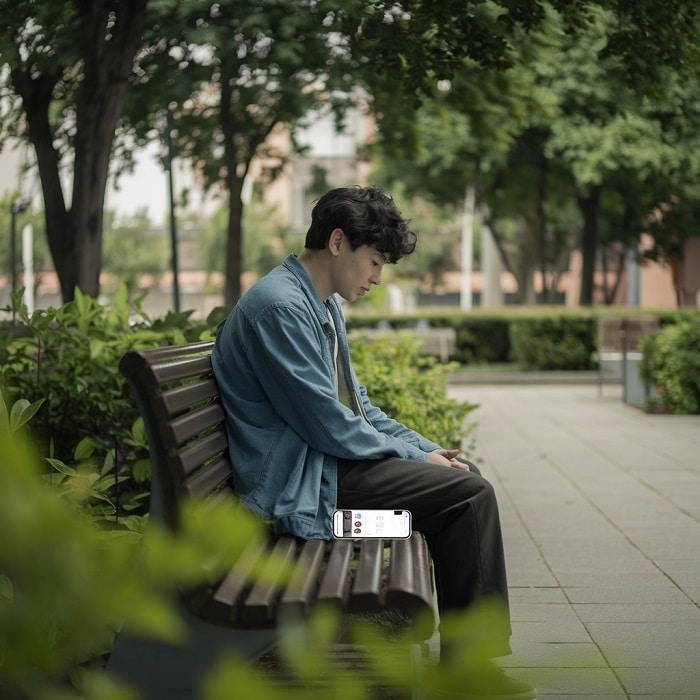
Get Help at Orlando Treatment Solutions
If social media addiction is contributing to your anxiety or depression, Orlando Treatment Solutions is here to help you. We provide the support you need to regain control of your mental well-being. Learn more today about how we can help you and your loved one through our comprehensive mental health treatment services.
Science Behind Social Media Addiction
Social media is highly addictive. It’s about keeping the users as engaged as possible for as long as possible, actually with some psychological principles to stimulate brain chemistry. Being liked or commented on your post releases dopamine—a neurotransmitter for pleasure and reward into your brain. Your brain wants this dopamine hit to feel good and wants you to go back and get it again and again. Social media platforms thrive on It — Keeping users glued to the screen in the hope of the next rewarding interaction.
That is how addictions work. Those addicted to social media are just as addicted to validation hits as someone on a drug or alcohol drip is addicted to the next high. Over time, dependency on external approval by the brain’s reward system can disrupt mental health, not to mention cause imbalances.
Scrolling too much is bad for you, and research shows that the overuse of social media ruins your sleep rhythm which in turn feeds your anxiety and depression even more. Going to bed late and scrolling social media can impair the quality of sleep, and interrupt the mood, energy levels, and cognitive function. People who don’t get enough sleep have a harder time controlling their emotions and become more irritable, more stressed, and more likely to develop depression.
How Social Media Exacerbates Anxiety and Depression Symptoms
Sleep Disruption
The first of the most obvious impacts of excessive social media use is how it disrupts sleep. Yet many people are scrolling through social media late at night, hours after they should have been asleep, a mindless way to zone out. Late-night scrolling keeps your brain active and alert, making it hard to head off into restful sleep. These two functions mean smartphones also interfere with melatonin production, a hormone critical to maintaining the sleep-wake cycle of our body.
Quality sleep is needed to trigger or worsen symptoms of anxiety and depression. If you’re sleep-deprived, you’re more likely to find yourself feeling overwhelmed with daily challenges and less able to manage your emotions. Over time poor sleep leads to poorer mental health and vice versa.
Isolation and Loneliness
The purpose of social media is to help people connect but they serve the opposite purpose. It doesn’t create productive relationships that help one form meaningful relationships. Instead, it can make the person feel isolated and lonely. When users aren’t even part of the conversation, looking at everyone else constantly interacting or sharing their experiences can cause them to feel like outsiders. But many would also engage in surface-level interaction such as liking a post or posting a short comment instead of deep, meaningful conversations.
That superficial connection may also lead people prone to depression to feel lonelier than they already do. This further decline in mental health will make them feel that they are not truly known or supported.
Breaking Free from Social Media Addiction
There’s no doubt overcoming social media addiction is necessary for mental health but can be quite tricky when these platforms are so ingrained in our every day. However, several practical strategies can help regain control:
- Set Boundaries: Setting boundaries about how and when you use social media is one of the first steps toward breaking your addiction. Just starting with the basic techniques like limiting screen time and creating digital free zones can decrease its usage. Suppose for example you need not check social media when eating or before bed.
- Take Digital Detoxes: A good way to reset your mental health is to step away from social media for some time. If it’s just a weekend detox or a full week off, being away from your social accounts for a few days will help you get some perspective and also help you avoid that FOMO.
- Practice Mindfulness: Finally, the best thing you can do is look back on your current social media habits, because they’ll tell you when they are or aren’t healthy. See if you can notice how you feel before, and while you’re on social media. If scrolling has left you feeling anxious, depressed, or empty, maybe it’s time to make a change.
- Seek Professional Help: If social media is causing you significant problems with your mental health, you need to get professional advice. There are therapies like Cognitive Behavioral Therapy (CBT) that can help you to learn and change the problematic negative thought patterns around your use of social media.
Social media addiction is a big problem that causes anxiety and depression to so many people. While it offers an unparalleled level of connectivity, the downsides of constant comparison, validation seeking, and isolation rain havoc on mental health. It is important to notice the signs of this addiction and break the cycle.
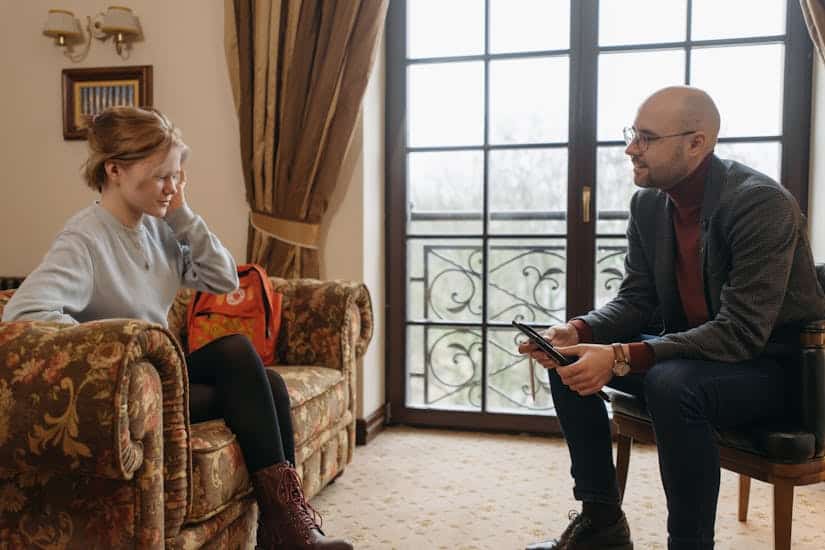
If you or a loved one is struggling with the effects of social media addiction, anxiety, or depression, Orlando Treatment Solutions offers professional and compassionate support. Take control of your mental health today by reaching out to learn more about our personalized treatment programs.







